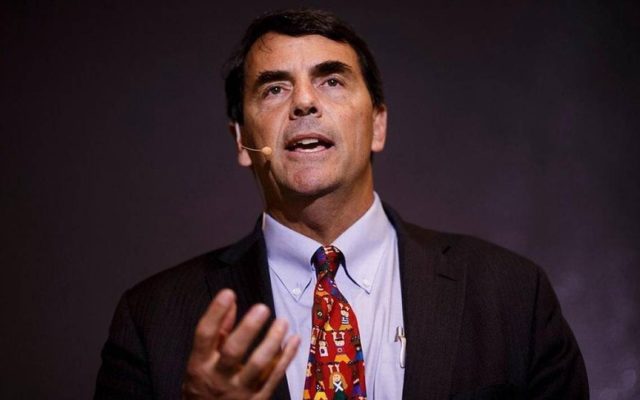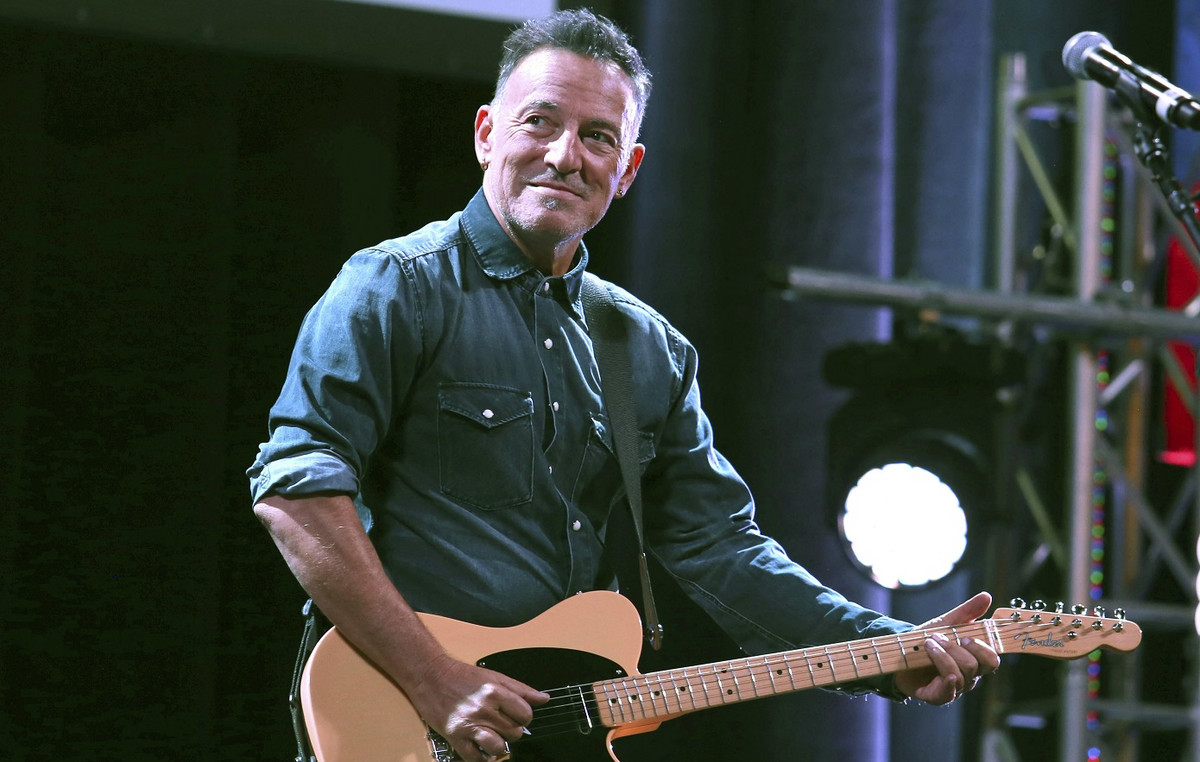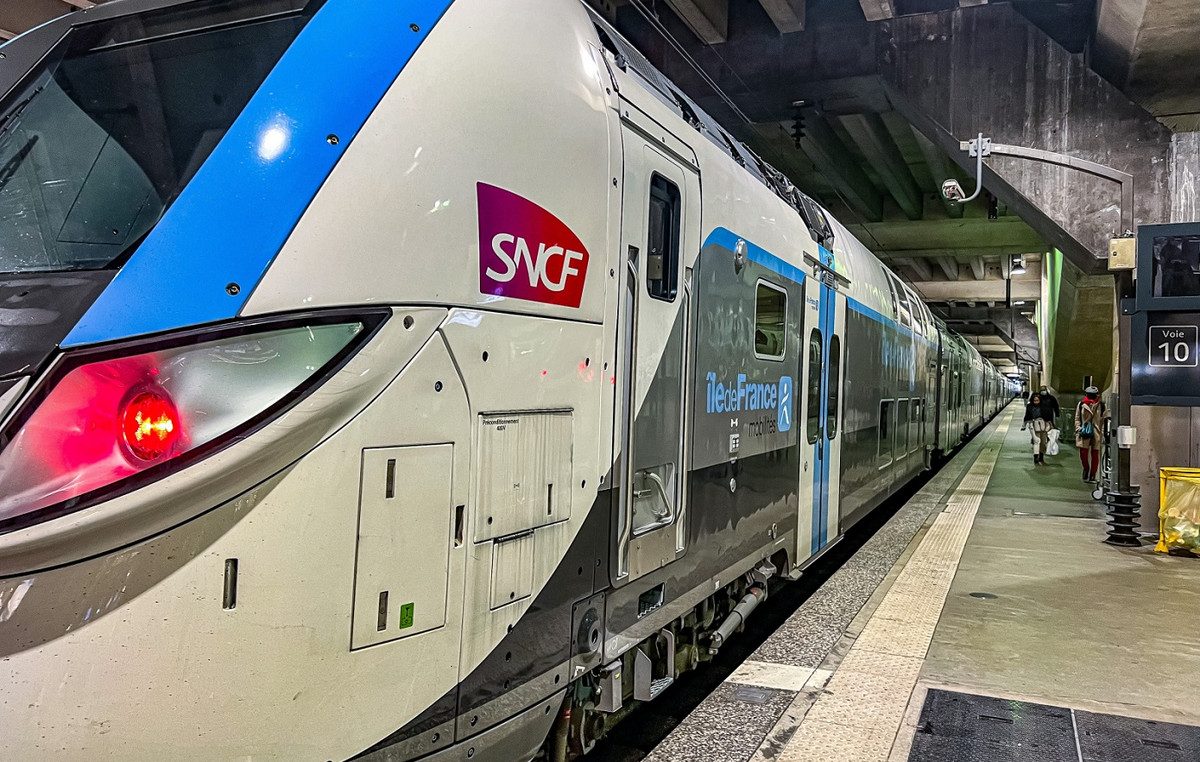The simmering conflict between Moscow’s military leadership and Yevgeny Prigozhin, the head of the private Wagner mercenary group, has erupted into an open insurrection that plunges Russia into even more uncertainty and the very real threat of civil war.
Prigozhin unleashed a new tirade against the Russian military on Friday (23) and then marched his troops into the Russian city of Rostov-on-Don.
Russian President Vladimir Putin called the Wagner group’s actions “treason” and vowed to punish those responsible for the “armed uprising”.
Here’s what you need to know:
What did Prigozhin do?
The dramatic turn of events began on Friday, when Prigozhin openly accused Russia’s military of attacking a Wagner camp and killing “a large number” of its men.
He vowed to retaliate with force, hinting that his forces would “destroy” any resistance, including blocking roads and aircraft. “We are 25,000 and we are going to find out why there is so much chaos in the country,” he said.
Prigozhin later backtracked on his threat, saying his criticism of Russia’s military leadership was a “justice march” rather than a coup, but by then he appears to have crossed the line with the Kremlin.
The crisis then deepened when Prigozhin declared that his fighters had entered Russia’s Rostov region and occupied key military installations in its capital. The city of Rostov-on-Don is the headquarters of Russia’s southern military command and home to around one million people.
Prigozhin released a video saying his forces would blockade Rostov-on-Don unless Defense Minister Sergei Shoigu and Russia’s top general Valery Gerasimov came to meet him.
Prigozhin has spent months railing against Shoigu and Gerasimov, whom he blames for Moscow’s faltering invasion of Ukraine.

How did Russia respond?
Hours later, Putin delivered a speech to the nation that illustrated the depth of the crisis he now faces. “Those who deliberately take the path of treason, preparing an armed rebellion when you were preparing terrorist attacks, will be punished,” Putin said.
The Russian president said that “any internal turmoil is a mortal threat to our state for us as a nation; it is a blow to Russia for our people and our actions to protect our homeland. Such a threat will face a severe response.”
But Prigozhin responded, saying in Telegram that the president was “deeply mistaken”. He said that his fighters are “patriots of our homeland” and promised: “No one will surrender at the request of the president, the FSB or anyone else.” This marked a more direct threat to Putin that Prigozhin has often deployed in the past.
Russia’s Ministry of Defense has previously denied the attack on Wagner’s troops, calling the allegation “informational propaganda”.
And the Federal Security Service (FSB), Russia’s internal security force, has also opened criminal proceedings against Prighozhin, accusing him of calling for “an armed rebellion”.
“Prigozhin’s statements and actions are actually calls to start an armed civil conflict on the territory of the Russian Federation and are a stab in the back for the Russian military fighting pro-fascist Ukrainian forces,” said a statement from the FSB, asking Wagner’s fighters to stop their leader.
Meanwhile, Russian authorities appear to be taking no chances, stepping up security measures in Moscow, according to Russian state media TASS.

Moscow Mayor Sergei Sobyanin said on Saturday on Telegram that “anti-terrorist” measures to strengthen security were being carried out in the capital as a result of “information received”.
Posts on social networks showed that military vehicles were seen driving through the main streets of the Russian capital in the early hours of Saturday (24).
Who is Prigozhin?
Prigozhin has known Putin since the 1990s. He became a wealthy oligarch by winning lucrative Kremlin catering contracts, earning him the nickname “Putin’s chef”.
His transformation into a brutal warlord followed the 2014 Russian-backed separatist movements in Donbass, eastern Ukraine.
Prigozhin founded the Wagner group to be a shadowy mercenary group that fought both in eastern Ukraine and, increasingly, for Russian-backed causes around the world.
A CNN tracked down Wagner mercenaries in the Central African Republic, Sudan, Libya, Mozambique, Ukraine and Syria. Over the years they have developed a particularly horrific reputation and have been associated with various human rights abuses.
Prigozhin’s political star soared in Russia after Moscow’s all-out invasion of Ukraine in February 2022. While many regular Russian troops had setbacks on the battlefield, the Wagner group fighters seemed to be the only ones capable of making tangible progress.

Known for disregarding the lives of its own soldiers, the Wagner group’s brutal and often illegal tactics are believed to have resulted in large numbers of casualties, as new recruits are sent into battle with little formal training – a process described by the Retired US Lieutenant General Mark Hertling as “like feeding meat to a meat grinder.”
Prigozhin has used social media to lobby for what he wants and has often rivaled Russia’s military leadership, presenting himself as competent and ruthless in contrast to the government’s military.
His disagreements with Russia’s top brass exploded into the public domain during the relentless battle for Bakhmut, during which he repeatedly accused the military leadership of not supplying his troops with enough ammunition.
In a particularly grim video from early May, Prigozhin stood beside a pile of dead Wagner fighters and specifically targeted Russian Defense Minister Sergei Shoigu and the head of the Russian armed forces, General Valery Gerasimov.
“The blood is still fresh,” he says, pointing to the bodies behind him. “They came here as volunteers and are dying so you can sit like fat cats in your luxury offices.”
Putin presides over what is often described as a court system, where infighting and competition between elites are indeed encouraged to produce results, as long as the “vertical of power” remains loyal and accountable to the head of state.
But Prigozhin’s increasingly outrageous outbursts have sparked speculation in recent weeks that even he might be going too far.

What happens now?
Putin’s national speech strikes straight into the heart of Russia’s establishment at a time when Ukraine is hoping to make headway during its own summer offensive.
Putin compared what he now faces to the Russian Revolution in 1917, when the Bolsheviks overthrew Russia’s Tsar Nicholas II in the midst of World War I, plunging the country into civil war and paving the way for the creation of the Soviet Union.
“It was the same kind of blow that Russia felt in 1917 when the country entered World War I but was robbed of victory,” Putin said.
“Intrigues, quarrels, politicking behind the backs of the army and the people turned out to be the greatest shock, the destruction of the army, the collapse of the state, the loss of vast territories and, in the end, tragedy and civil war. Russians killed Russians, brothers killed brothers.”
Steve Hall, former career CIA officer and now collaborator with CNN said that Prigozhin has put himself in an extremely precarious position and knows very well what he faces.
Prigozhin “knows exactly what his risk is […] which is interesting when you think about it, because that means he must have calculated that he can do this. A guy like Prigozhin knows what the risks are and he knows that if it doesn’t go well for him, it will go very badly,” he added.

Meanwhile, open disunity within Russia’s armed forces was welcomed in Kiev.
Malcolm Davis, a senior analyst at the Australian Strategic Policy Institute, said Ukraine would be keen to exploit the turmoil, especially if Moscow was forced to withdraw troops from the front lines.
“Obviously they need to see what is really happening with the deployment of Russian forces along their defensive lines,” he told CNN .
“If Russian forces in these places are being pulled out to fight Wagner, to defeat what is certainly an insurrection at the moment but could become a civil war down the road, then potentially you will see the Ukrainians opening up new opportunities, identifying loopholes in the Russian lines they can open and exploit.”
“If gaps open up, they need to be ready to exploit those gaps,” he added.
*With information from Nathan Hodge and Tara John of CNN.
Source: CNN Brasil
Bruce Belcher is a seasoned author with over 5 years of experience in world news. He writes for online news websites and provides in-depth analysis on the world stock market. Bruce is known for his insightful perspectives and commitment to keeping the public informed.







